Understanding CCTV Cameras: What You Need to Know
What is a CCTV Camera?
A Closed Circuit Television (CCTV) camera is a type of video surveillance technology designed to transmit a signal to a specific place through a limited set of monitors. Unlike broadcast television, CCTV cameras are used primarily for monitoring and surveillance purposes, providing a reliable means of securing both residential and commercial properties. These devices can capture clear visual evidence of events occurring within their field of view, which can be crucial in investigations regarding theft, vandalism, and other criminal activities. For anyone considering enhancing their security measures, understanding how CCTV camera work is a vital first step.
Types of CCTV Cameras Available
CCTV cameras come in various types, each designed for specific applications and environments. The most common types include:
- Dome Cameras: These cameras are often used in retail settings due to their aesthetic design and ability to blend into the surroundings. They provide a wide field of view and are often equipped with infrared capabilities for night surveillance.
- Bullet Cameras: Recognizable by their cylindrical shape, bullet cameras are ideal for outdoor surveillance as they can be fitted with protective casings against environmental conditions. They are excellent for long-range viewing.
- PTZ Cameras: Pan-Tilt-Zoom cameras can rotate and adjust angles, allowing the monitoring of a wider area. Their flexibility makes them suitable for dynamic environments like parking lots or exhibition centers.
- Wireless Cameras: These use Wi-Fi for connectivity, eliminating the need for extensive wiring. They are perfect for situations where wiring is impractical and are easily installed.
- IP Cameras: Internet Protocol cameras offer higher resolutions than traditional analog cameras, allowing for better image quality. They transmit data over a network, making remote access and management convenient.
Key Features to Look For
When choosing a CCTV camera, certain features can significantly impact performance and functionality:
- Resolution: The higher the resolution, the more detail captured in the footage. Look for cameras with a minimum resolution of 1080p for clear images.
- Night Vision: Many incidents occur in low light conditions. Ensure your camera has infrared capabilities for effective night surveillance.
- Field of View: A wider field of view means less need for multiple cameras. Choose a camera that can cover the area you wish to monitor.
- Remote Access: The ability to view live footage and recordings via mobile devices can enhance security and convenience.
- Storage Options: Consider cameras that offer both local (SD card) and cloud storage solutions for flexibility in data retention.
Advantages of Using CCTV Cameras
Enhanced Security for Homes
One of the primary advantages of installing CCTV cameras in residential areas is the noticeable enhancement of security. Households equipped with visible surveillance systems experience a significant reduction in crime rates. Potential burglars are less likely to target homes that they know are being monitored, resulting in a safer community overall. Furthermore, CCTV footage can serve as a preventive measure against domestic disputes and ensure that children are safe at home.
Business Surveillance Benefits
For businesses, CCTV cameras are invaluable. They not only deter theft and misconduct by employees or visitors but also help monitor employee productivity and safety compliance. By analyzing recorded footage, businesses can identify operational inefficiencies and areas that require improvement. Moreover, having a surveillance system in place provides peace of mind not only to owners but also to customers, knowing that safety measures are being actively enforced.
Crime Deterrence and Evidence Collection
The presence of CCTV cameras acts as a significant deterrent for criminal activity. When potential criminals see a camera, they are more likely to think twice about committing a crime. Moreover, in the unfortunate event that a crime does occur, CCTV recordings provide critical evidence that can be used in investigations and legal proceedings. This can greatly assist law enforcement agencies in tracking down suspects and recovering stolen property.
How to Choose the Right CCTV Camera
Assessing Your Security Needs
The first step in choosing a CCTV camera is thoroughly assessing your security requirements. Consider what you need to protect, the areas that need monitoring, and the times when surveillance is most critical. This may involve evaluating the size of the area, specific entry points, and the level of foot traffic. Identifying these factors will help streamline your choices and ensure that you select a system that meets your specific needs.
Comparing Specifications and Features
After defining your security needs, compare the specifications and features of various CCTV cameras. Pay attention to resolution, whether cameras have advanced features such as motion detection, and how they can integrate with existing security systems. The comparison should also include factors such as weather resistance for outdoor cameras and ease of installation. A comprehensive analysis will help you select a camera that provides maximum value for your investment.
Budget Considerations and Options
While high-quality CCTV cameras can seem costly upfront, considering the long-term benefits is essential when budgeting for security. Determine how much you are willing to spend and look for options within your budget that fulfill your critical needs. Remember that price often reflects quality; choosing cheaper options may result in compromises regarding features and effectiveness. Additionally, consider installation costs and any potential subscription fees for cloud storage if applicable.
Installation and Maintenance Tips
Best Practices for Setting Up Your CCTV System
Installing your CCTV camera system correctly is crucial for efficiency and effectiveness. Follow these best practices:
- Choose Ideal Locations: Position cameras in areas that overlook entrances, driveways, and any other vulnerable spots. Ensure they are mounted high enough to avoid tampering but within an optimal viewing angle.
- Avoid Obstructions: Ensure that nothing obstructs the camera’s field of view for optimal surveillance capability. Keep trees, signs, and other potential obstructions in mind.
- Use Good Quality Cables: If using wired cameras, opt for high-quality cables to prevent signal loss and improve durability.
- Test Your Cameras: Once installed, conduct comprehensive testing of all cameras to ensure proper functionality and adjust any placements if needed.
Regular Maintenance and Upkeep
Regular maintenance of your CCTV camera system is crucial for long-term functionality. Here are important maintenance tips:
- Clean the Cameras: Dust and dirt can obstruct the camera lens, so regular cleaning is essential for clear image capture.
- Check Connections: Whether wired or wireless, ensuring all connections are secure can prevent loss of signal or power outages.
- Review Footage Regularly: Regularly check recorded footage to ensure that the system is functioning properly and to maintain familiarity with surveillance if any incidents occur.
Troubleshooting Common Issues
Common issues may arise with CCTV cameras, and knowing how to troubleshoot them can save time and avoid costly repairs:
- Camera Not Recording: Check power supply and ensure that storage space isn’t full.
- Poor Image Quality: Inspect the lens for obstructions and consider upgrading to higher resolution cameras for clarity.
- Wireless Connectivity Issues: Check your Wi-Fi signal strength and ensure that no physical barriers impede the wireless signal.
Future Trends in CCTV Technology
Smart Integration and AI Capabilities
The integration of artificial intelligence (AI) in CCTV cameras represents a significant leap forwards in surveillance technology. Cameras equipped with AI can analyze crowds, recognize faces, and distinguish between normal activity and potential threats, all leading to more proactive security measures. Smart features such as alerts based on movement in critical areas streamline the response to incidents, enhancing overall safety.
Privacy Considerations in Surveillance
As surveillance technology advances, concerns over privacy become more pronounced. Regulations such as GDPR in Europe stipulate strict guidelines around video surveillance. Businesses and individuals must ensure that their use of surveillance systems is compliant with local laws. Measures should be taken to inform individuals that they are being monitored and ensure footage is only accessed for legitimate security purposes.
The Role of CCTV in Smart Cities
As urban areas grow, the role of CCTV in smart cities becomes essential. Surveillance systems integrated with city infrastructure can help improve public safety, monitor traffic, and manage crowd control during events. By capturing real-time data, cities can optimize resources, enhance emergency response, and ultimately provide a higher quality of living for their residents. The continued evolution of CCTV technology will likely play a crucial role in the development and maintenance of increasingly smart urban environments.
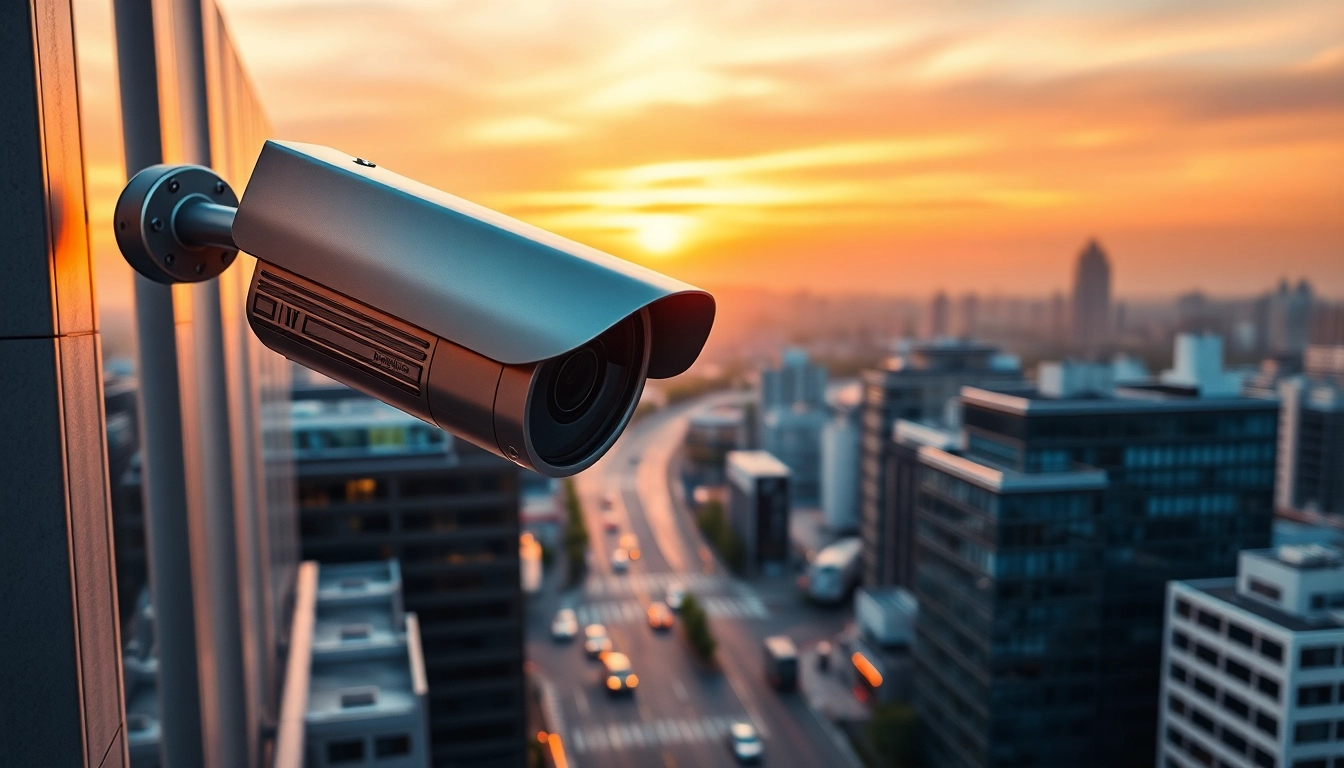

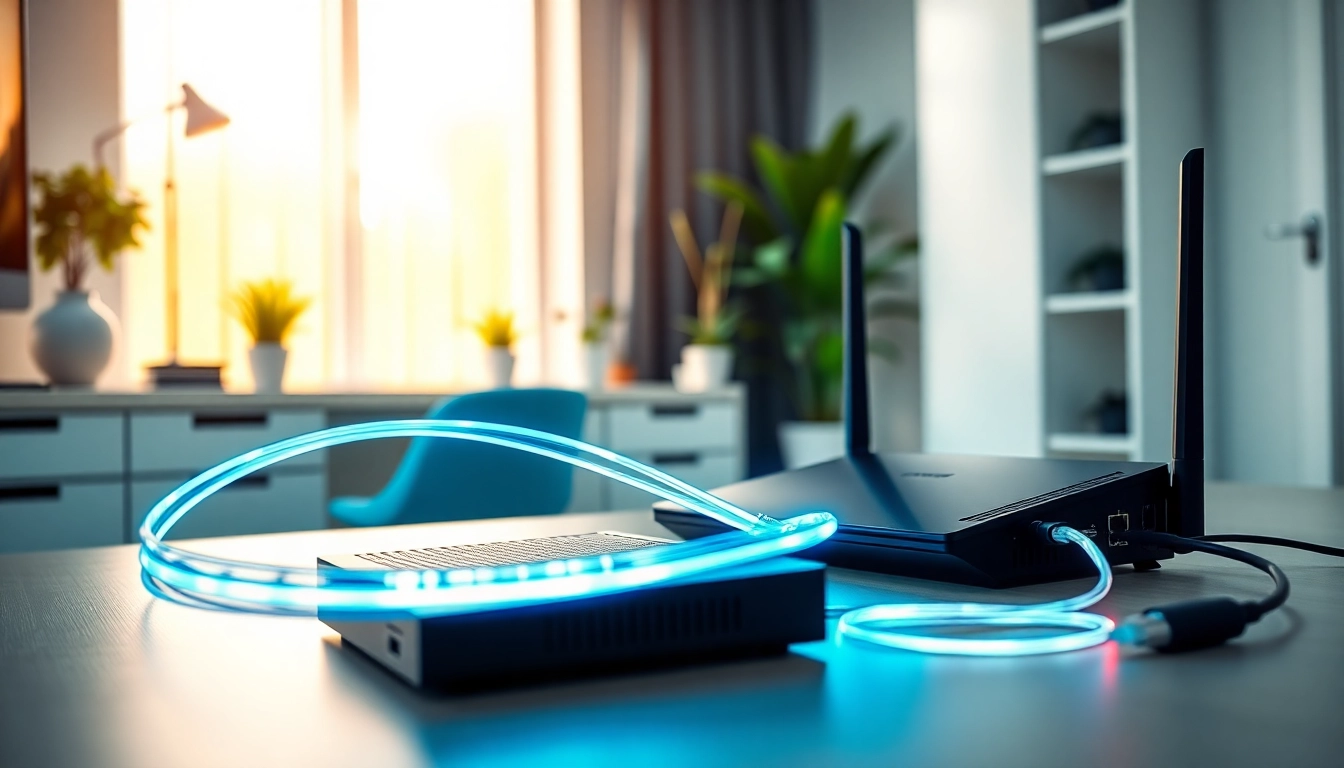

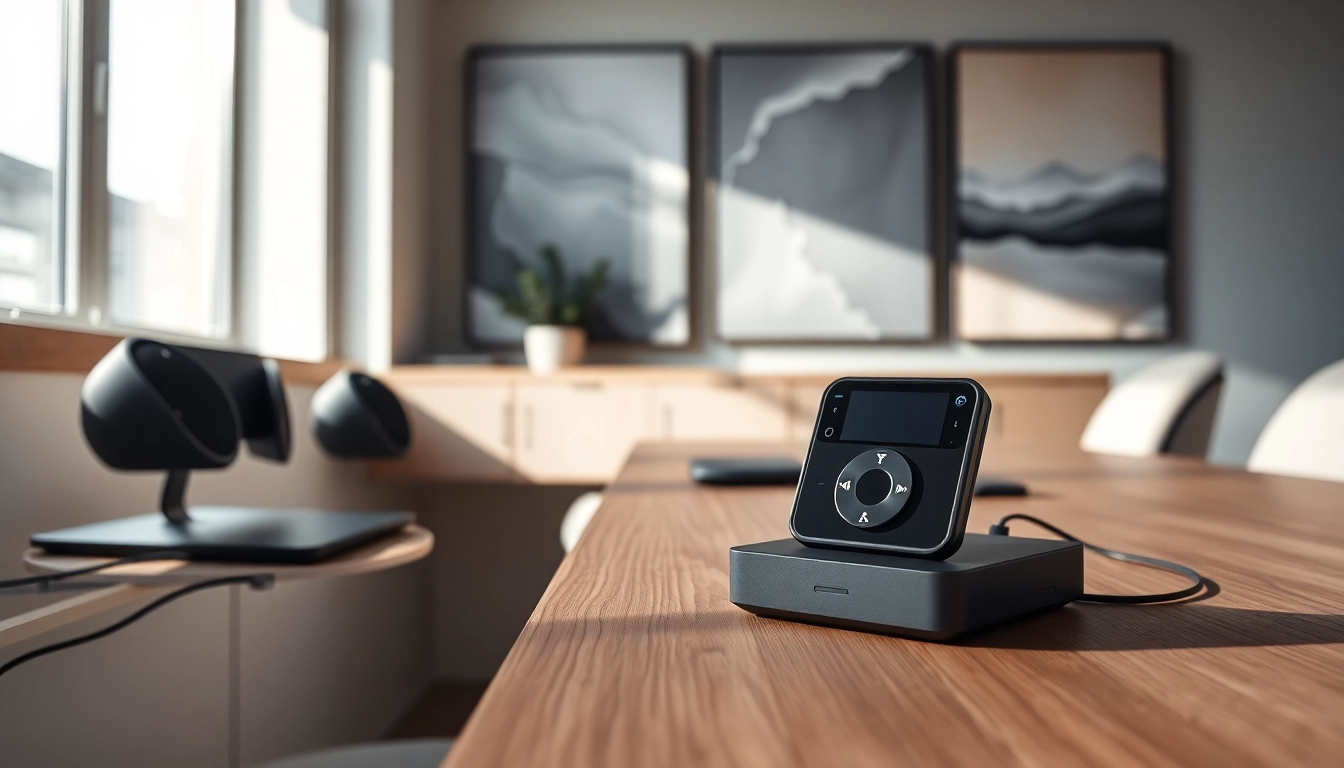

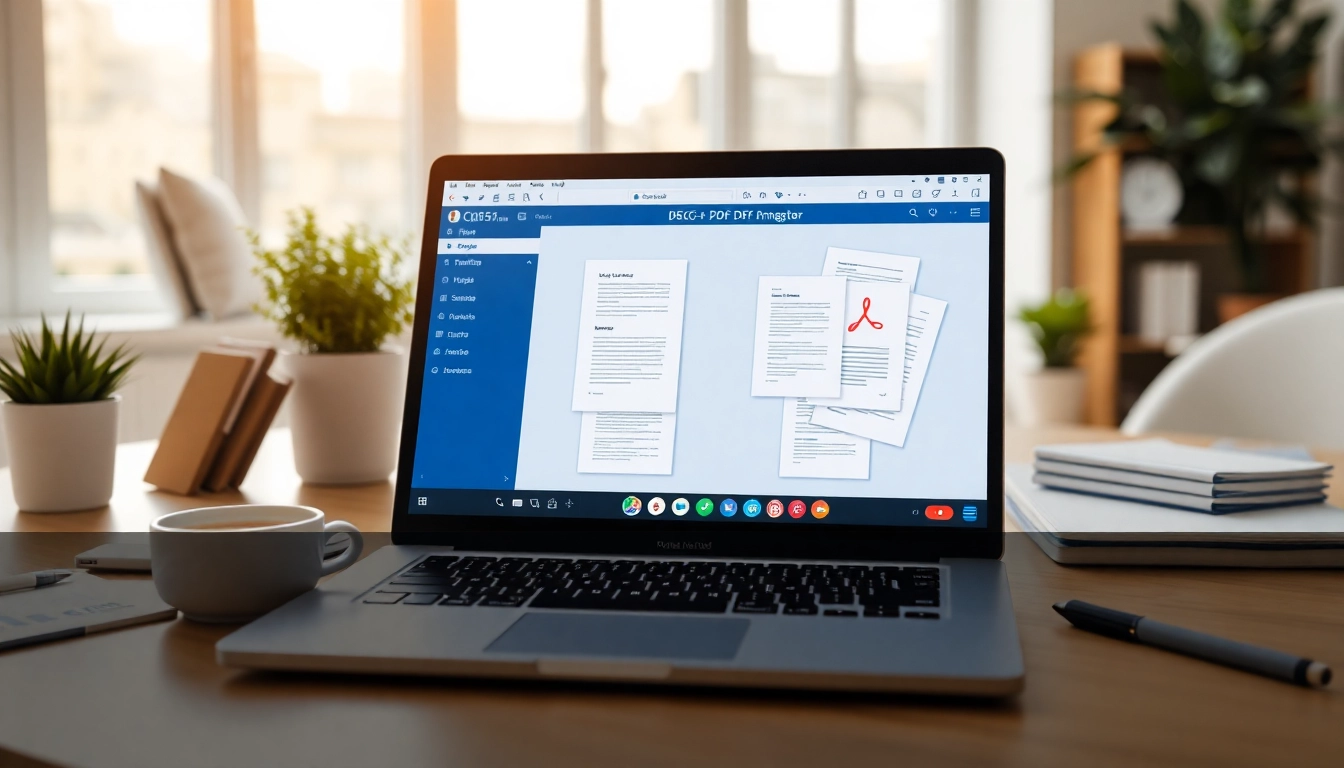
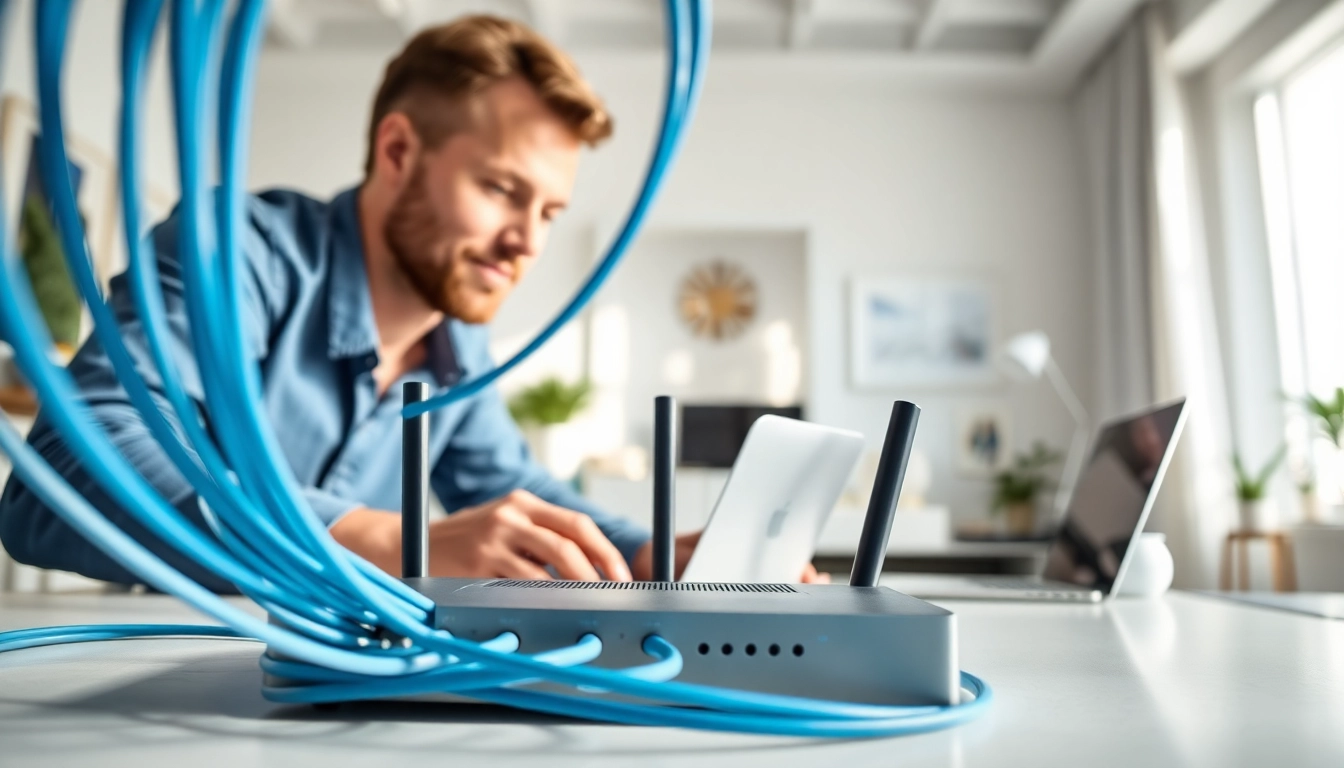






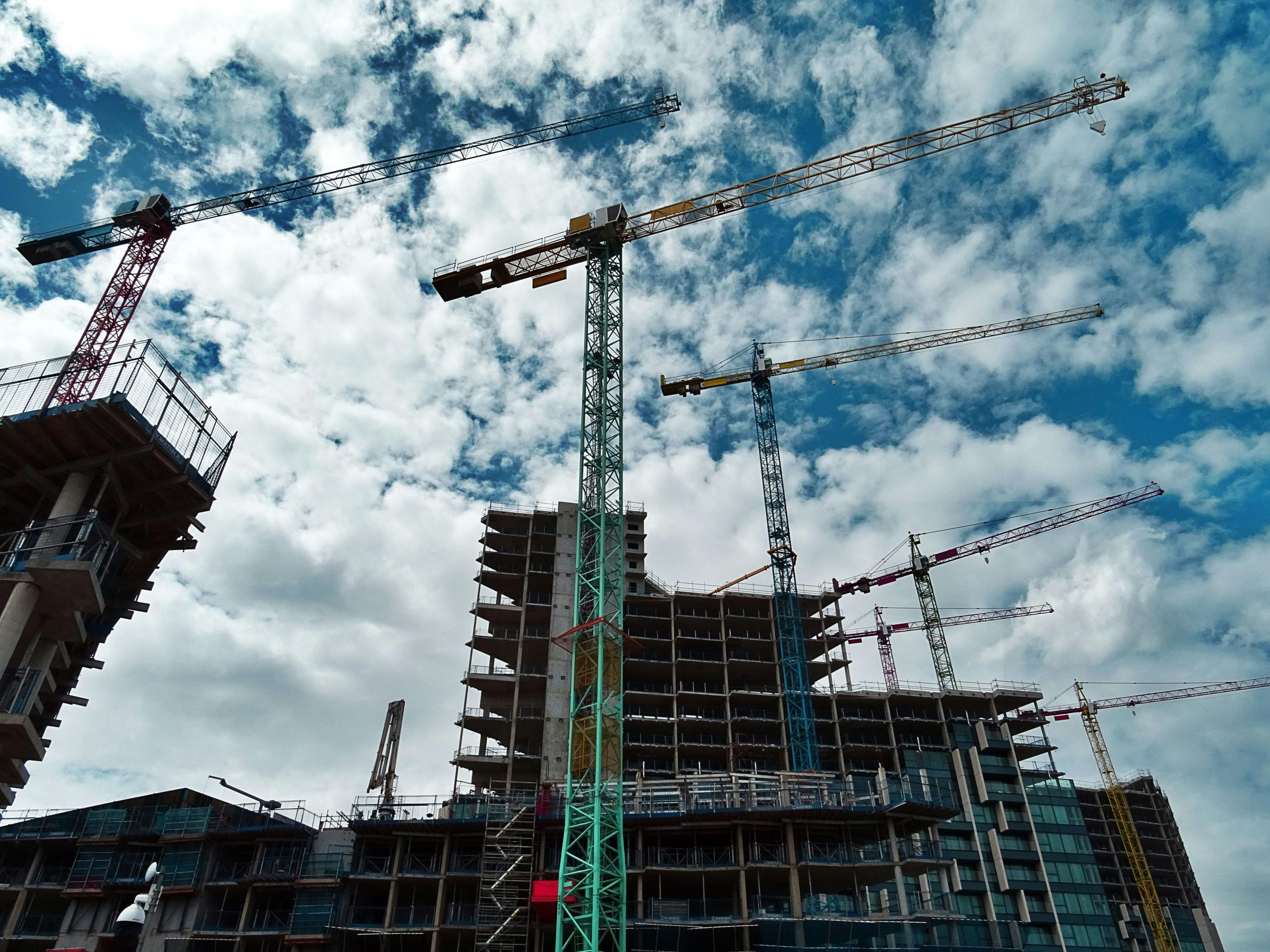
Leave a Reply